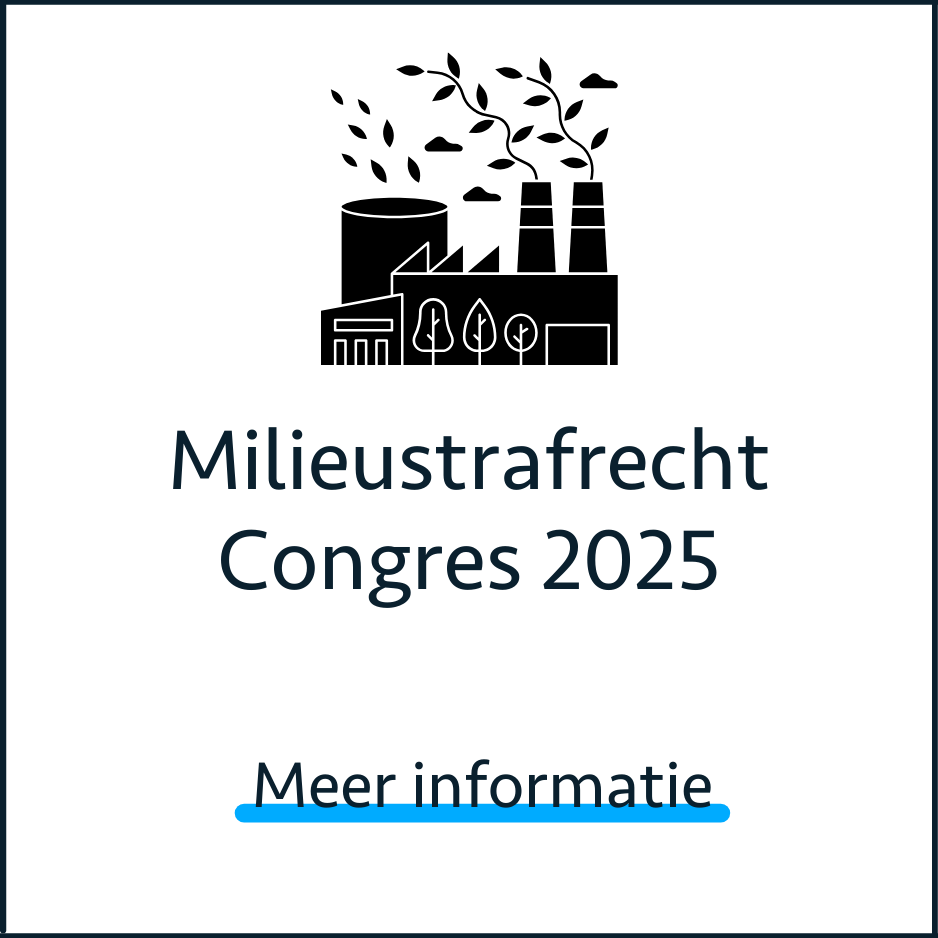Artikel: Limitations of the Transnational ne bis in idem Principle in EU Law
/The ne bis in idem principle is one of the most fundamental guarantees in criminal procedure law. It prohibits a second prosecution in cases that have already been concluded by a final decision. According to the traditional understanding, the principle excludes a duplication of proceedings only within the same jurisdiction. Art. 50 CFR, however, which was incorporated into primary EU law by Art. 6 TEU, extends the principle’s scope to the transnational sphere to the effect that a final decision in one Member State constitutes a bar to new proceedings in other Member States of the EU as well. While this transnational ne bis in idem guarantee in principle allows for limitations, these must meet the requirements provided for by Art. 52 para. 1 CFR.
Read More










